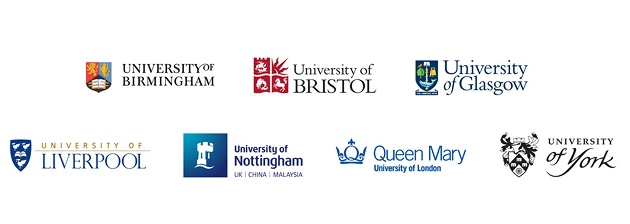Search Universities
| Country | University | |
|---|---|---|
- Home page /
- Universities /
- France
France
UNIVERSITIES WHERE YOU CAN STUDY BEST
-
Paris sciences et lettres university
-
Institut Polythechnique de Paris
-
University Paris City
-
Sciences Po
-
University of Lille
-
University of Lorraine
-
University of Rennes 1
-
University of Angers
-
University of Technology Troyes
-
University of Poitiers








Arzuwlaryma yol açan merkez
Men bu merkezde diňe bilim däl, eýsem uly goldaw we ruhlandyryjy gurşawy tapdym. Mugallymlaryň sabyrlylygy we ugrukdyryşy üçin örän minnetdar.More
Gurbanýazowna Gülşat Begenjowa
Student
Netijeli bilim, güýçli maksat
Globalda okamak bilen bilimime bolan garaýşym düýpgöter üýtgedi. Indi men maksat goýmagy we şoňa tarap sabyr bilen işlemäni öwrenýärin.More
Gurbanýazowiç Omar Gurbanýazow
Student
Globalda alan tejribän
Men "Global" okuw merkezine gatnap başlanym bäri özümi has kämilleşdirdim. Indi men daşary ýurt okuwlaryna girmäge taýýarlanýaryn. Bu ugurda maňa "...More
Nazarow Bagtyýar Begnazarowiç
Student